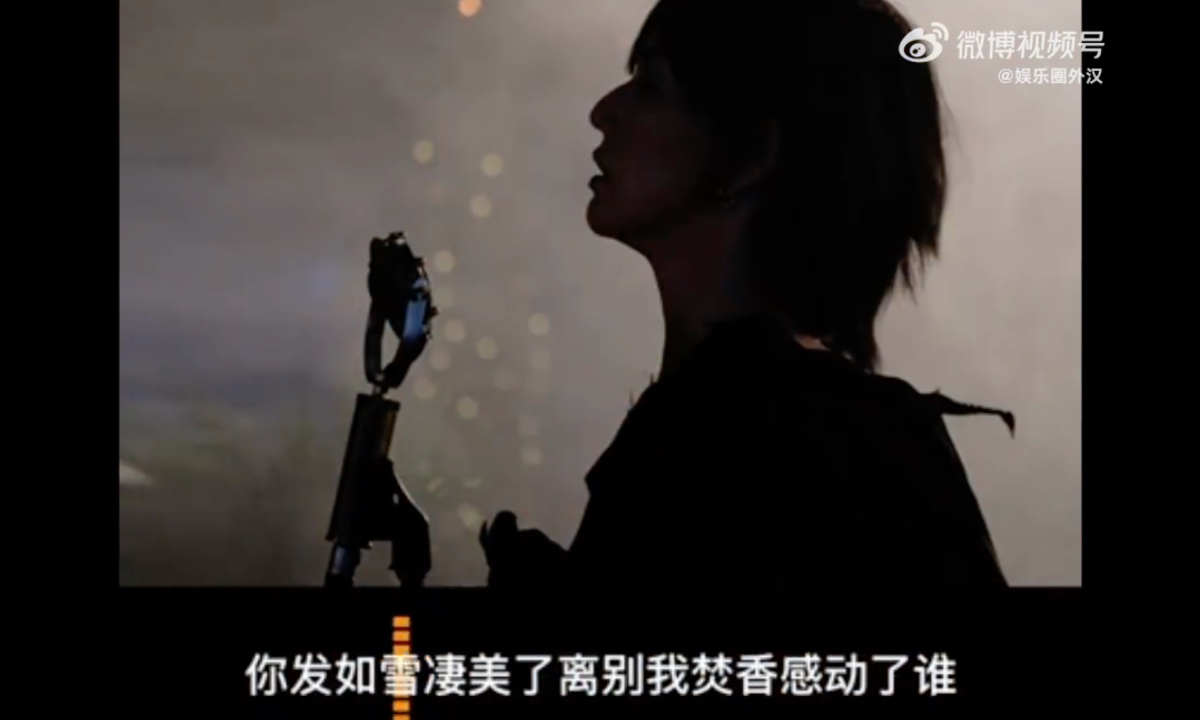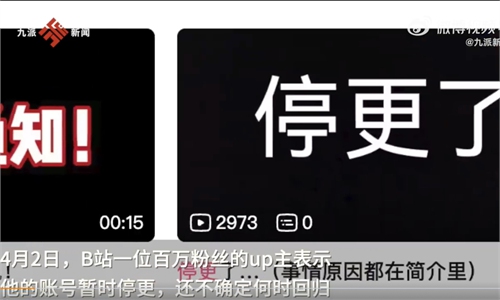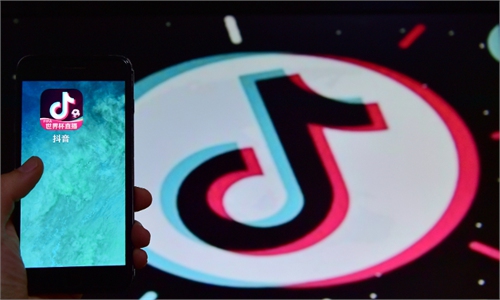Viral AI singers may have violated laws and rights; experts advocate more regulations

Photo: Sina Weibo
AI singers are going viral on the internet with their cover versions of some old songs enjoying great popularity. But some experts have warned of possible violations against intellectual property rights and others’ rights and interests.
Music enthusiasts have created some cover versions of old popular songs which were “sung” by AI singers. After being trained, these AI singers can imitate celebrity singers’ unique timbre and music for voices, and it can be almost impossible to distinguished between the real human and the AI.
Apart from AI singers, AI robots created in a variety of fields, such as AI painters and AI programmers, have had an increasing impact on human beings’ life since the emergence of ChatGPT. New problems concerned about the protection of people’s legitimate rights and interests follow.
The latest AI singer who became popular overnight is the one who has the voice of the Singaporean female singer Stefanie Sun. The virtual singer has “sung” dozens of cover versions of old songs by other famous singers.
The virtual singer was first trained with a slew of voice data of Sun and then was further adjusted and improved in details before it became a model. The model can replace the voice of other singers’ songs.
Many fans of Sun said that it is very difficult to distinguish between the songs that are sung by the singer herself and by the ones done by the AI robot.
Beside Sun’s voices, her photos were also used for creating the image of the AI singer.
The phenomenon has sparked some industry insiders to speculate whether the usage of Sun’s songs to train the AI singer without authorization has violated copyright laws. Others wondered if it was a violation of the singer’s portrait right. Some netizens said they were concerned about the security risks that may be brought about if average people’s voices can be trained and taken advantage of.
According to the intellectual property law, if training artificial intelligence with human voice and generating songs is used for non-commercial purposes, it most likely won’t infringe on rights. However, if the generated songs will be published online, the relevant authorization for lyrics and musical compositions, accompaniment music, and video materials used should receive authorization first, You Yunting, senior partner and intellectual property attorney of Shanghai Debund Law Offices, told the Global Times on Monday.
However, according to the Civil Code, training artificial intelligence with human voice and generating songs require authorization of the individual whose voice is used and failure to obtain such authorization may be considered an infringement of personal rights, You added.
Besides, Zuo Xiaodong, professor from the School of Public Affairs of University of Science and Technology of China, pointed out that AI singers are essentially the application of deep synthesis technology which can bring about the problem that unauthorized use of someone's voice in AI applications can potentially infringe upon the rights and interests of the person whose voice is being imitated.
Voice, just like portrait, also possesses personal attributes, and the act of imitating, counterfeiting, or exploiting someone else's voice can potentially cause harm to the individual's personal rights and property rights, Zuo added.
The development of artificial intelligence technology to a certain stage will bring about new issues, since it poses new challenges and raises ethical and legal questions as AI technology continues to advance, observers noted.
Last November, the Cyberspace Administration of China (CAC), China’s Ministry of Industry and Information Technology, and the Ministry of Public Security jointly issued regulations on the management of deep synthesis in internet information services. These regulations make institutional arrangements to regulate the application of deep synthesis technology. In addition, the National Information Security Standardization Technical Committee is currently organizing the development of national standards, specifically the security specifications for deep synthesis in the internet information service.
This April, the CAC released the draft of "Management Measures for Generative Artificial Intelligence Services" to solicit public opinions. The draft proposes that organizations and individuals who provide services by using generative artificial intelligence products of chat, text, image, and sound generation bear the responsibility of the content produced by the product.
If they discover or become aware of generated content that infringes upon others' rights of portrait, reputation, personal privacy, or trade secrets, or fails to comply with the requirements of the "Management Measures for Generative Artificial Intelligence Services," they should take measures to stop the generation and prevent further harm.
The period for soliciting public opinions on this draft ended on May 10.



